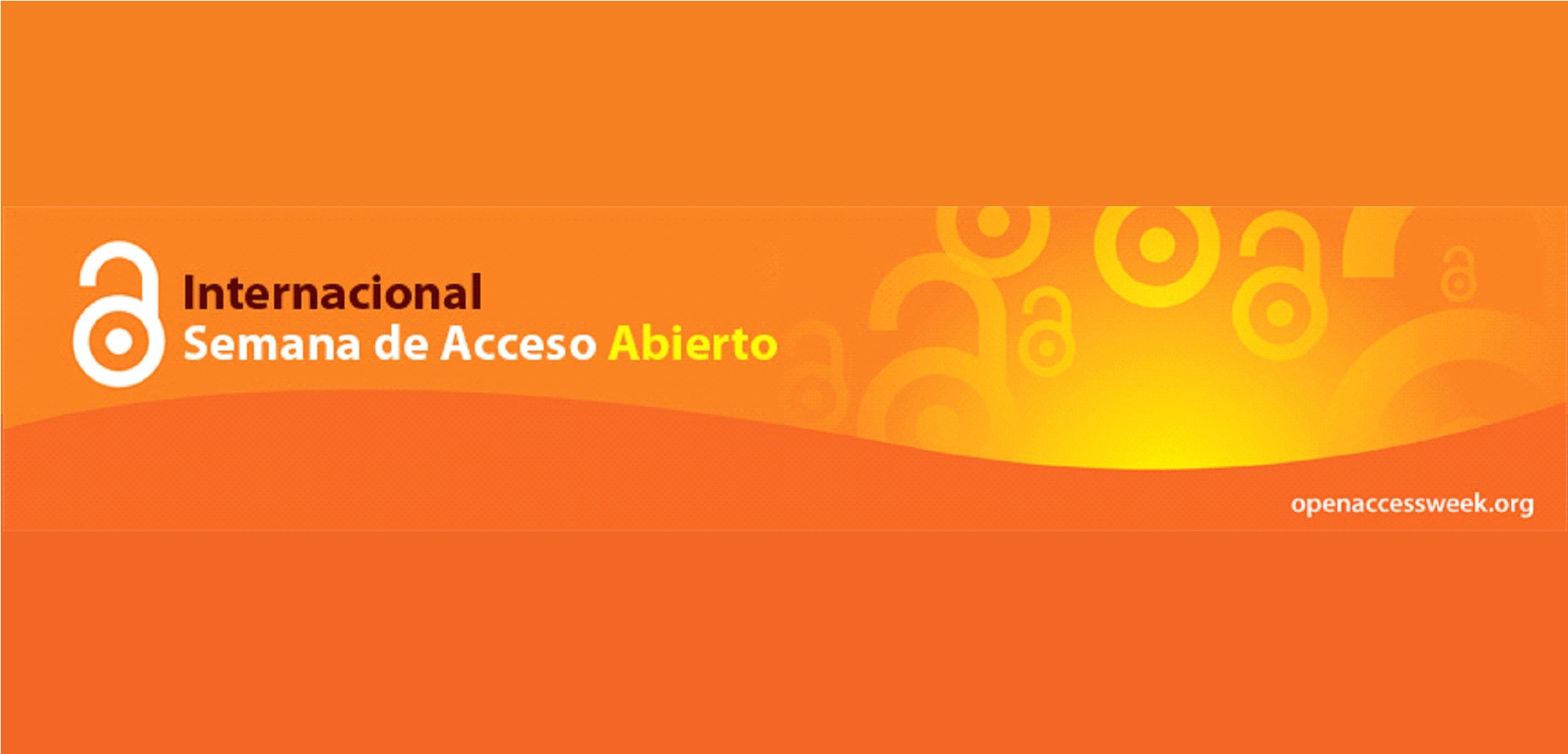This week is Open Access week and we find the opportunity to re-think and revisit the idea of making scholar knowledge available freely to all. Great advances have been made in the last decade around this movement. In this posting, I’d like to take the opportunity to share five advances as well as some loose ends we’ll need to deal with in the future:
Open should be usable
In order for knowledge to be fully “open”, we should go beyond simply releasing a large number of pdf documents for free. We should instead use current technological capabilities in order to link scattered pieces of knowledge with each other and create hybrid knowledge ecologies where data, text, and video contribute to make sense of reality. In that regard, linked data technologies can contribute a set of techniques that connect data and information after opening each. Data from a journal article could be combined with pictures in a website and a map from another source (which is only possible when digital objects are properly identified), thereby taking better advantage of free but dispersed knowledge. DBpedia is a growing example of the capabilities of this trend. As an everyday example, search for the name of your favorite Hollywood star in Google: the mosaic of images and information shown to the left is possible thanks to Linked Data techniques.
Dissemination and re-packaging should be offered to make sure that open knowledge empowers a broader audience
Creative Commons licenses provide for a legal framework for re-use and the creation of derivative works, which fosters re-packaging of knowledge. Re-packaging facilitates the dissemination of knowledge in different formats aiming at a variety of audiences: from knowledge thoroughly elaborated in technical documents, to easy-to-read blog posts and even quicker-to–grasp-facts in 140 character tweets. By opening knowledge that remains encapsulated in formats and places, we run the risk of simply giving even more knowledge to those who are already empowered by it.
Open access should also encompass broader access
More and more journals open their doors to the infinite audience of the web. For example, according to Carleen Adams in the Latin American and the Caribbean region open access started as early as 1997 with ScIELO as a pilot project. Now, almost all journals published in the region are Open Access. But: are articles in those journals being found by the right audiences? How do we organize and make sure that the right knowledge gets to those who need it most? This almost trivial question has no easy answer…yet. Additionally, do our countries have the right technological infrastructure (such as optimal bandwidth) for people to get such open content? The more knowledge we open, the greater the need for more skilled tools (and people) to find and make sense of it. Similar to the case mentioned above, dissemination of open access knowledge needs to be effective, or else those who already access valuable knowledge will simply get even more of it. And now, for free.
Open is not free
More and more scholarly journals welcome open access models and Creative Commons licenses. However, their current proposed business model, which consists of charging publishing costs to the authors, is still under development. In such models, prestigious editorial houses such as Elsevier charge up to $ 5,000 to authors to publish an article. Discounts and waivers are offered, and even in some cases (such as Wiley), there are reduced costs for authors from developing countries. However, setting up such fees generate a new filter: before, those editorial costs were on the side of the knowledge receiver, now they are on the knowledge creator. The editorial process that guarantees content quality constitutes an added value that comes with a price…. and someone has to pay for it. How do we make a business model that is filter free?… That’s the challenge.
Open access could bring about more social authorship models
The collective construction of knowledge has longstanding roots, from the workshops of Renaissance painters, who anonymously contributed to a piece of work signed by their “maestro”, to modern worldwide web-based knowledge enterprises such as Wikipedia. But, current editorial practices still heavily rely on personal authors as the main source of credibility. In the future, concepts of “open authorship” could be explored in order to foster collective contributions and build knowledge socially. An example of collective contribution is the use of anonymous proofreaders for Project Gutenberg, the first provider of free electronic books, or eBooks founded in 1971 by the inventor of eBooks Michael Hart.
And you? How do you see Open Access Principles moving forward?


Leave a Reply